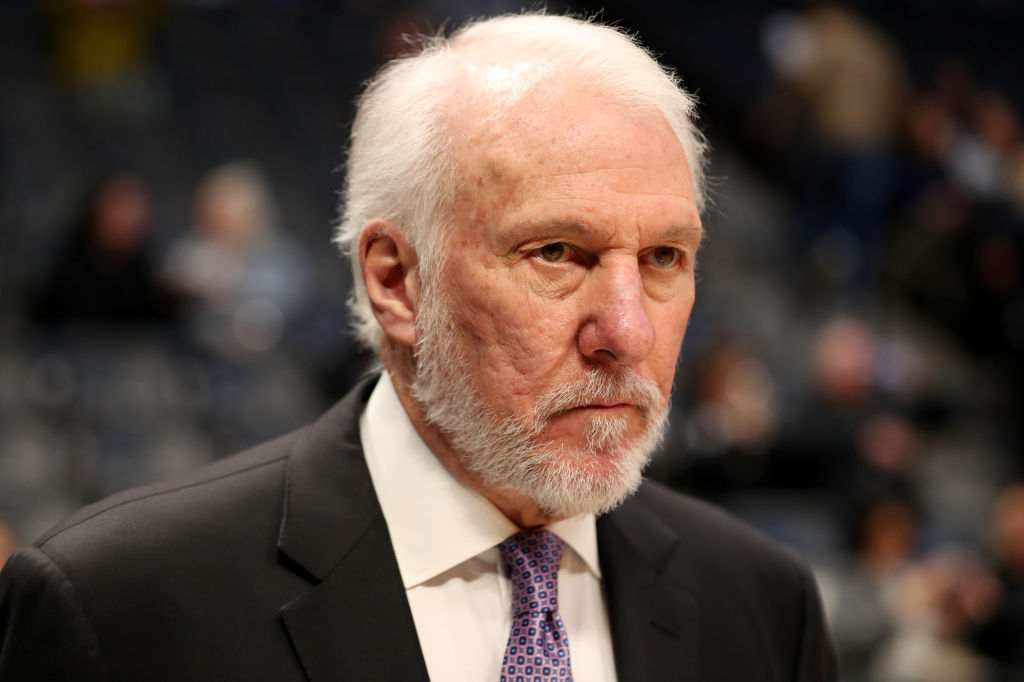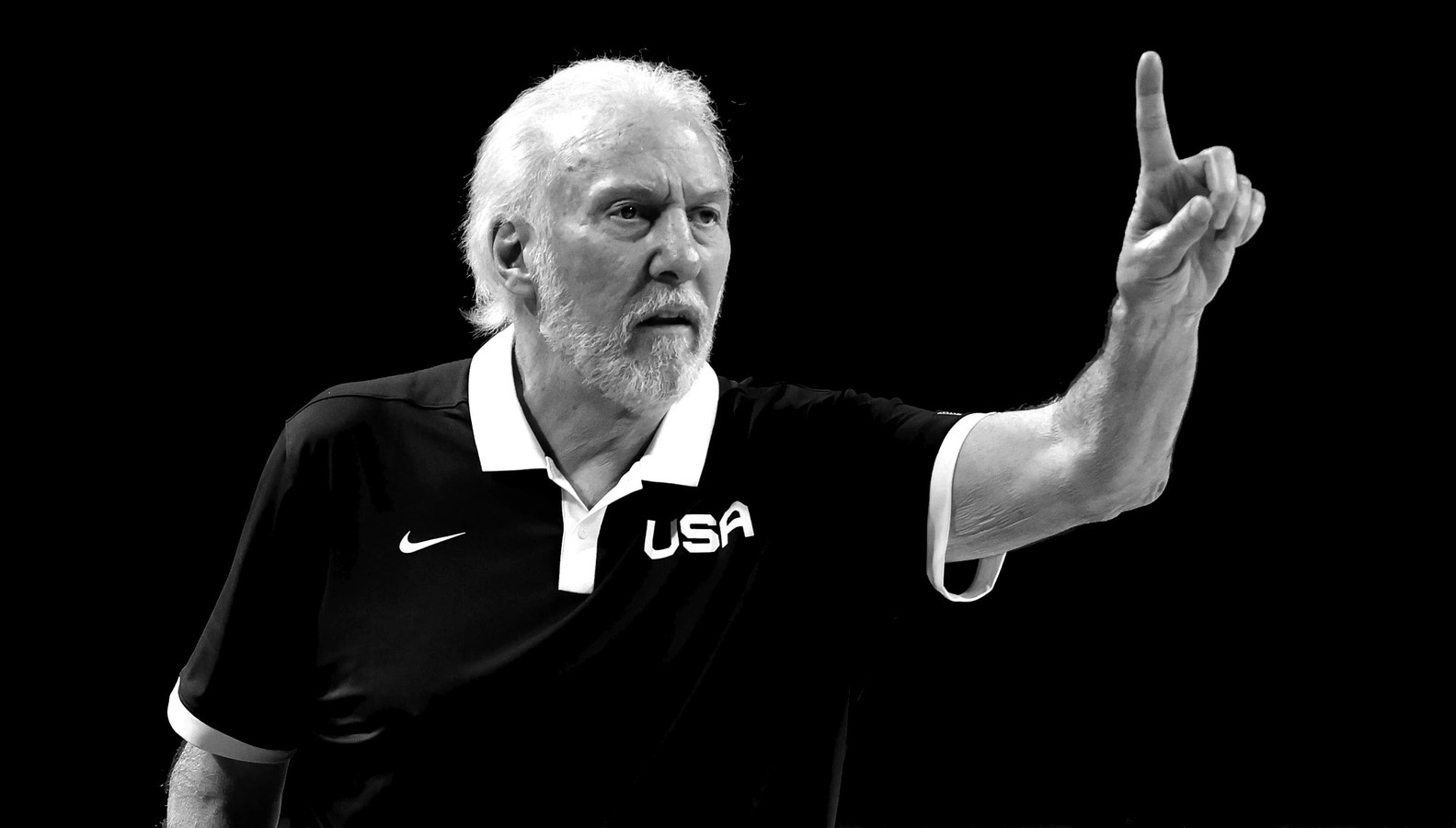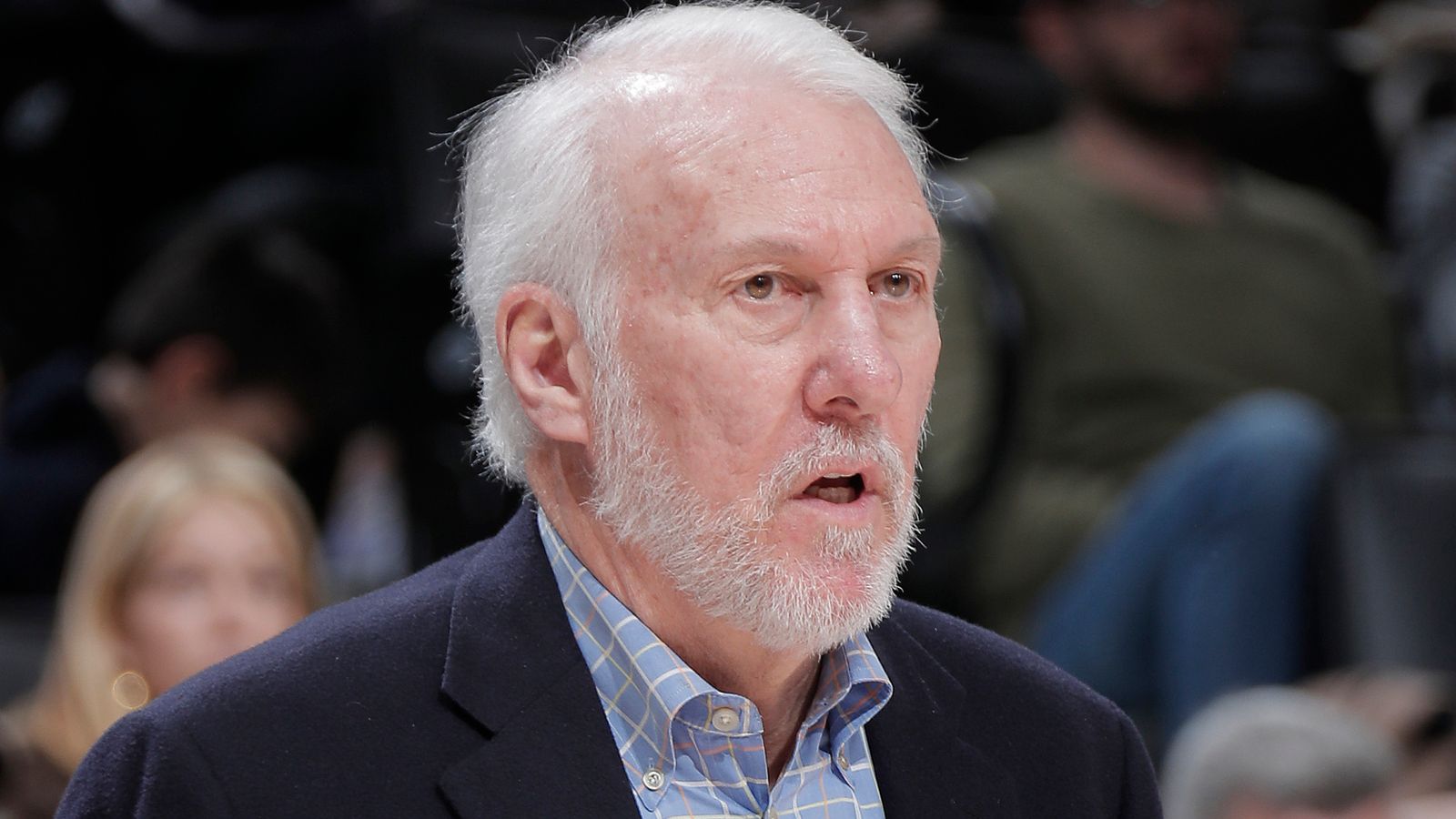How Gregg Popovich Redefined Modern Coaching
In the realm of professional basketball, few names carry as much weight as Gregg Popovich. As the head coach of the San Antonio Spurs since 1996, Popovich has not only secured five NBA championships but has also redefined what it means to be a coach in the modern era. His innovative strategies, emphasis on player relationships, and commitment to social issues have set a new standard for coaching in the NBA and beyond.
The Coaching Philosophy of Gregg Popovich

At the core of Popovich’s success lies his unique coaching philosophy, which emphasizes several key elements:
- Trust and Empowerment: Popovich believes in empowering players by fostering a culture of trust. He allows his players the freedom to make decisions on the court, which enhances their confidence and performance.
- Teamwork Over Individualism: Unlike many coaches who focus on star players, Popovich prioritizes teamwork. His system emphasizes ball movement, creating opportunities for every player to contribute.
- Continuous Learning: Popovich is a lifelong learner. He often studies other sports, philosophies, and coaching techniques to stay ahead of the curve.
Innovative Strategies and Adaptations
Popovich has consistently demonstrated a willingness to adapt his strategies to the evolving dynamics of basketball. Here are some of his notable contributions:
Emphasizing Ball Movement
Popovich’s Spurs are renowned for their unselfish play and ball movement. The “Spurs system” promotes quick passes and player movement, making it difficult for opponents to defend. In the 2013-2014 season, the Spurs led the league in assists per game, averaging 25.1 assists. This style not only maximizes scoring opportunities but also develops a cohesive team dynamic.
Player Development
Popovich excels at developing talent, turning role players into stars. The case of Kawhi Leonard exemplifies this. Drafted 15th overall in 2011, Leonard blossomed under Popovich’s guidance. His development into a two-time NBA champion and Finals MVP showcases Popovich’s ability to identify potential and nurture it.
Embracing Analytics
While many coaches were initially hesitant to embrace analytics, Popovich welcomed them into his coaching arsenal. He utilizes data to inform decisions on player rotations, shot selection, and defensive matchups. This analytical approach has helped the Spurs maintain a competitive edge, particularly in the playoffs.
The Importance of Player Relationships

Popovich’s coaching style is as much about relationships as it is about strategy. He fosters strong connections with his players, which is critical to his success.
Communication and Honesty
Popovich is known for his straightforward communication. He holds players accountable while also providing constructive feedback. This honesty fosters mutual respect and trust. For example, his relationship with Tim Duncan, the Spurs’ longtime cornerstone, was built on open dialogue and shared goals. Duncan often credits Popovich for his growth as a player and leader.
Caring Beyond Basketball

Popovich’s investment in players extends beyond the court. He is known for checking in on players’ personal lives, demonstrating that he values them as individuals. His response to the tragedy of the 2016 shooting of Alton Sterling, where he expressed his views on race and social justice, illustrates his commitment to addressing societal issues and supporting his players.
The Legacy of Gregg Popovich

Popovich’s influence extends beyond the Spurs organization. He has shaped the coaching landscape in the NBA and has influenced a generation of coaches:
- Coaching Tree: Many of Popovich’s former assistants have gone on to become successful head coaches, including Mike Budenholzer, Steve Kerr, and Monty Williams. Each has incorporated elements of Popovich’s philosophy into their own coaching styles.
- Global Influence: Popovich’s approach to coaching has attracted attention internationally. Coaches from various countries study his methods, hoping to replicate his success.
- Social Advocacy: His willingness to speak on social issues has encouraged others in the league to do the same, promoting a culture where athletes feel empowered to use their platforms for change.
Statistical Success
The numbers speak for themselves when it comes to Popovich’s success as a coach. Here are some key statistics:
- Five NBA Championships: Popovich has led the Spurs to five titles (1999, 2003, 2005, 2007, 2014).
- Winning Percentage: He boasts a regular-season winning percentage of over .670, one of the highest in NBA history.
- Playoff Appearances: Under Popovich, the Spurs have made the playoffs 22 consecutive seasons (1998-2019), a testament to consistent excellence.
Challenges and Adaptations
Despite his success, Popovich has faced challenges, particularly in adapting to the modern NBA’s pace and space style. As the league evolved, so too did his strategies:
Adjusting to Player Mobility
With the rise of player movement in the league, Popovich faced the challenge of maintaining a cohesive team. He adapted by focusing on developing a strong organizational culture, ensuring that players are aligned with the team’s values.
Incorporating Young Talent
As the Spurs transitioned to a younger roster, Popovich embraced the challenge of integrating new talent while maintaining competitiveness. His ability to adapt to players’ strengths has kept the Spurs relevant in an increasingly competitive landscape.
Gregg Popovich’s impact on modern coaching cannot be overstated. His innovative strategies, emphasis on player relationships, and commitment to social advocacy have redefined what it means to lead a team in the NBA. By fostering a culture of trust, embracing analytics, and prioritizing teamwork, he has created a legacy that extends far beyond the basketball court. As the league continues to evolve, Popovich’s influence will undoubtedly shape the future of coaching, inspiring a new generation of leaders in sports.
In summary, Popovich’s coaching philosophy is a blend of strategy, empathy, and social consciousness, making him not just a coach but a transformative figure in the world of professional sports. His legacy will continue to inspire and guide coaches for years to come.


